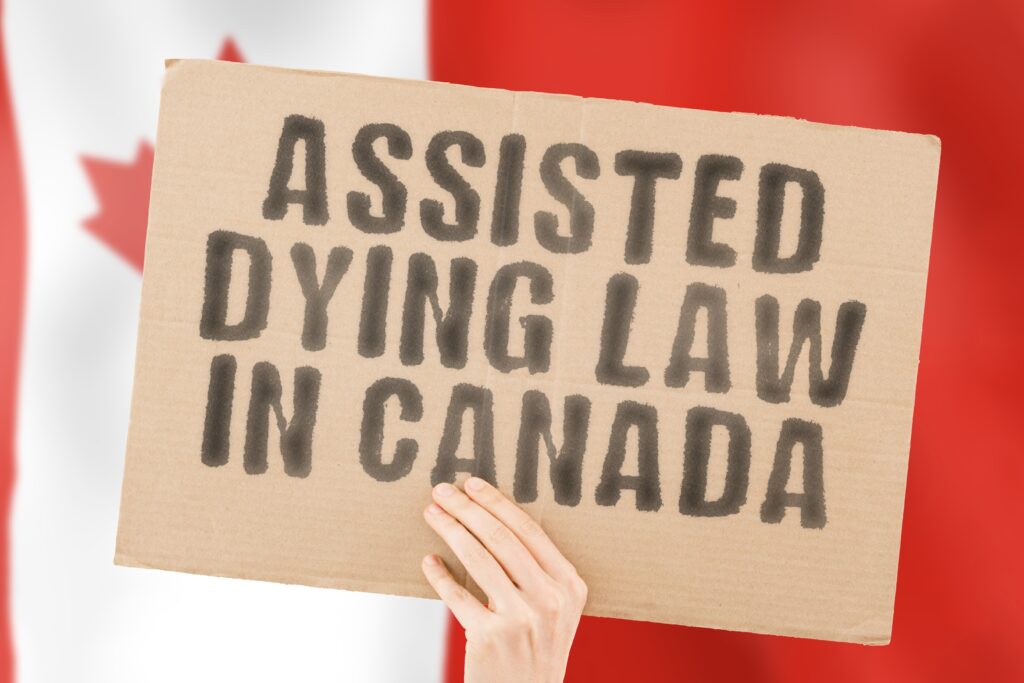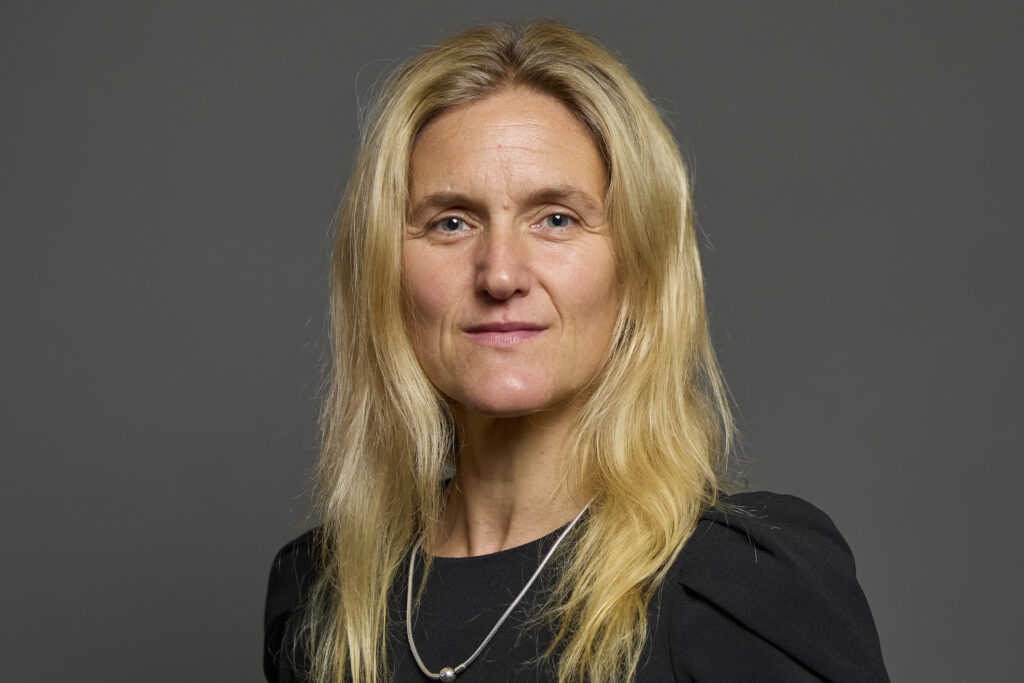Abdul Wahid argues that by voting in favour of legislation that will allow some terminally ill people to end their own lives, Britain’s Parliament is once again changing society for the worse.
This week the House of Commons voted to allow a bill that seeks to legalise assisted suicide for those nearing the end of life to continue its path towards becoming law in the UK.
This consequential moment for Britain has been compared to the legalisation of abortion in 1967 and the decriminalisation of homosexuality, yet many of those who spoke in favour of it seemed not to acknowledge the huge societal change that such a law would bring and the unintended consequences that would inevitably follow, preferring to focus on the benefits of choice to the individual in having some choice over the way they die.
Liberals genuinely believe that the best way for human beings to live is to allow them to do what they want provided what they are doing does not directly harm another person. They sincerely believe that the best way for all societies to function is to maximise benefit and pleasure, and minimise suffering for the individual.
Yet, whether social liberalism or economic liberalism, the excesses of liberalism have been harmful – and are destructive forces in society, even while their advocates celebrated “freedom” and “choice” for the individual.
‘The individual has won over the vulnerable’
So this latest milestone in Britain’s liberal social experiment is a moment to reflect on why it is that for centuries before the secular liberal order societies did not encourage assisted suicide at the end of life, despite people suffering painful deaths and there being many means of facilitating a swift one?
Subscribe to our newsletter and stay updated on the latest news and updates from around the Muslim world!
Lawmakers in Parliament debated the pros and cons extensively. Many strong arguments were made – as well as many emotional anecdotes about people, often loved ones, suffering in their final months, weeks and days, clearly designed to agitate emotions.
There were arguments that that society was about to cross the line by legalising suicide; that the health system would suddenly find itself managing a process of killing alongside supporting life and preventing harm; that the vulnerable might feel – or be made to feel – that they are a burden to their family and to society.

They considered the complexities of defining “terminal illness“ – why six months and not three? Why for those with terminal illness and not those who face chronic physical suffering? Why for those who face chronic physical suffering but not chronic mental suffering like depression and eating disorders?
How could you prevent such a law being extended, as it has been in Canada, given that what was being offered to a small group of people should really be offered to everyone? It was argued that the state would be fully funding a service to facilitate the suicide of the terminally ill, whereas the palliative system would remain underfunded.
Advocates for the change in the law argued the legalisation of suicide for the terminally ill was justified on the grounds of compassion. They wanted to promise that every person would have the choice of a good dignified death without having to travel to Switzerland, as if the lethal cocktail to end life could guarantee that every time.
It was the individual that won over the vulnerable – which is frightening. It was emotion that won over reason – which is not a good basis for making judgments.
The destructive liberal order
Many people, in particular Muslims, will look on in dismay as the liberal political establishment appear to want to assist in the death of their own civilisation.
We are told it was Parliament’s finest hour because they did this but without the usual rancour and abuse that accompanies parliamentary debates – although the massive lobbying and campaigning by groups in favour of the change has gone largely unmentioned.
Yet I ask: Is this even something that a Parliament even ought to have been considering? This is not making rules on transport or food hygiene.
If ever there were a rational case to submit to Divine edicts upon fundamental matters of life and death, rather than allow six hundred and fifty people pretend that they could successfully legislate to balance the right of the individual to choose versus the protection of the vulnerable in society, then this was it.

The triumph of the liberal order over the past half century has not always brought pleasure to individuals or to the collective. Those who were advocates of the huge social changes in the 1960s could not have foreseen that half a century later people would be concerned about the breakdown of the family as the most important social institution, that historically nurtured children, supported the elderly and the vulnerable.
They cannot have foreseen the consequences in terms of poorer mental health, social delinquency, the dilemma of how to pay for social care, and the demographic crisis in that birth rates in liberal democracies have fallen to levels that would lead to a fewer people of working age having to support an ageing population.
If British and American complicity in the genocide in Gaza and ethnic cleansing was the death nail for Western civilisation on the world stage, then opening the door to suicide for the terminally ill will be yet another nail in the domestic coffin.
A slippery slope
Be in no doubt that in years to come people will be lose trust in health professionals simply because assisted suicide is a treatment option (the current “Do Not Resucitate” discussion already do that, and this will be far worse). Be in no doubt that the scope of this bill, should it pass into law, will eventually widen.
When questioned about the argument that this change will be the thin-edge-of-the-wedge, the bill’s proposer, Kim Leadbeater, said that this was a very narrow piece of legislation relating to the only terminally ill. This is not a defence because the “thin-edge” is, by definition, narrow – like this first piece of legislation. If passed, it will most certainly be followed by widening of the laws, as in Canada.
Be in no doubt that the supposed judicial and medical oversight will become no more than a tick box exercise. The 1967 Abortion Act specifies two doctors must only authorise as abortion where a pregnancy is less than 24 weeks and continuing it would risk the pregnant woman’s life, or prevent grave permanent injury physical or mental health. That law might stand today, but the two doctors merely rubber stamp any request for an abortion under 24 weeks of pregnancy.
In a future Britain – just as in the jurisdictions that Britain seeks to copy – there will more than likely be requests for people to be given “assisted suicide” for anorexia, intractable arthritis, dementia, disability due to stroke and more besides.
People will support that on the grounds of personal choice, not appreciating that their choice devalues human life across the whole of society.
Abdul Wahid has been active in Muslim affairs in the UK for over 25 years. He has been published on the websites of Foreign Policy, Open Democracy, the Times Higher Educational Supplement, and Prospect Magazine. You can follow him on X/Twitter @AbdulWahid_X.





















